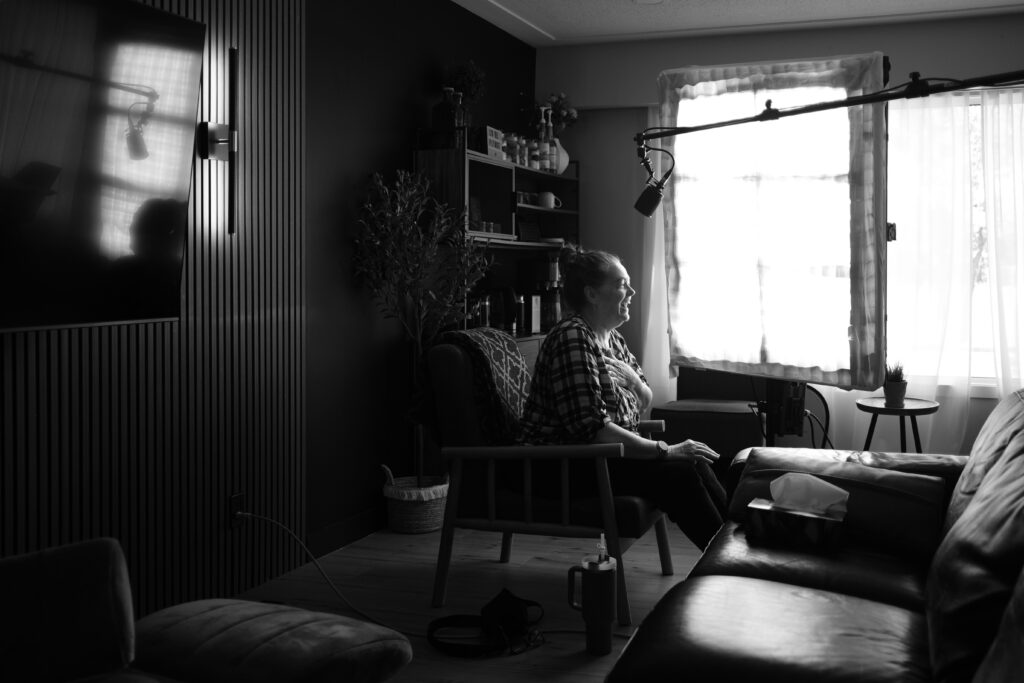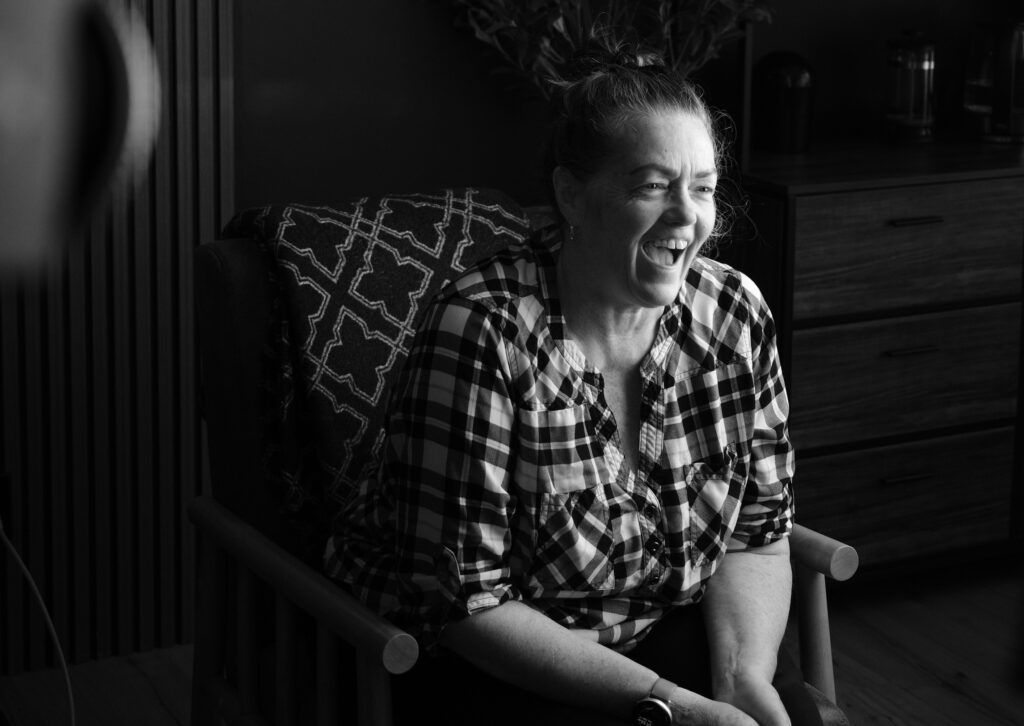For more than two decades, Charlaine has been a caregiver to many children, a journey that has been as challenging as it is rewarding. It’s a journey marked by patience, compassion, and a deep understanding of the complexity of family relationships and cultural nuances.
For more than two decades, Charlaine has been a caregiver to many children, a journey that has been as challenging as it is rewarding. It’s a journey marked by patience, compassion, and a deep understanding of the complexity of family relationships and cultural nuances.
Charlaine’s introduction to fostering began after her parents took in infants as empty-nesters, and later, through a friend involved in foster care. Then as her children grew older, Charlaine chose fostering partly to fill what she humorously calls a “selfish” need to still have someone to care for in her home. What began as a personal choice evolved into a lifelong commitment.
“When you step into foster care, you do all your training, and then you think, ‘I’m going to change some kid’s life,’” Charlaine explains. “But it is a tough job.” The reality, she admits, is much more complex.
- Charlaine
Many of the children who come into Charlaine’s care have faced significant hardships. “Most of the kids I’ve had are really good kids. They’ve just had a lot of trauma and dysfunction,” she shares, her voice heavy with emotion. “You have to work with them to navigate that. They have to feel safe, and it’s your job to make them feel that way. Accept them for who they are, and recognize that you’re going to see behaviors that might be a little foreign to you.” Patience and understanding are key. “Once they feel safe, that kind of turns around a little bit.”
Charlaine understands that fostering is not just an individual journey; it’s a communal effort. She often collaborates with local organizations that provide resources and support for foster families. She also emphasizes the importance of community awareness about the realities of fostering. “So many people have misconceptions about foster care,” Charlaine notes. “They think it’s a last resort or that kids are unmanageable. But the truth is, these children just need someone to believe in them.” Charlaine hopes to inspire others to consider fostering. “You don’t need to be perfect; you just need to be willing to love.”

A vital aspect of fostering, often overlooked, is the relationship with a child’s biological family. Maintaining this connection is essential, even when it’s challenging. “These children have families that come with them.” Charlaine recalls instances where the bio families were angry or resistant, but has learned not to take it personally. Instead, she has continued to advocate for maintaining these ties, understanding that family is an integral part of a child’s identity.
She also prefers the term ‘caregiver’ over ‘foster parent’ because it feels less threatening and more inclusive, particularly for the bio families. It’s a subtle yet powerful distinction that speaks to Charlaine’s respect for the children’s familial bonds.
Charlaine has taken the time to learn about many cultures and traditions, recognizing how crucial it is to respect and incorporate them into the children’s lives. She clarifies, “If you support their culture, you also support their families, and their families know that you support them.”
- Charlaine
Food in particular serves as a bridge and a way to create a sense of belonging. Mealtimes can be an opportunity for connection, and it’s an important way to bring a sense of normalcy to a child’s life. “What I’ve learned is food is huge. I always have culturally appropriate food available.” She is fully committed, shopping regularly at ethnic food stores and having a friend on hand to make bannock. She fittingly calls it “healing at the table.”
Charlaine has witnessed incredible success stories. One particularly touching example involved two young brothers who were eventually raised by their older sister. Today, they are well-adjusted, amazing young men. “They are incredible,” she says with pride. “It wasn’t without its struggles, but it’s a story of success.”
Her grown children also actively engage in caring for the foster kids, creating a ripple effect of kindness and compassion throughout their lives. “It’s a beautiful thing to see my kids becoming role models and advocates for these children,” she says. “Fostering has strengthened our family bond in ways I never anticipated.”

When asked why she continues with this challenge, Charlaine’s answer is simple but profound: “These are children. They’re just kids. Don’t give up on them.” It’s this deep-seated belief that every child deserves love, safety, and a chance to thrive that keeps her going, even when the path is tough.
Charlaine describes how children often blossom in her care, finding their voices and expressing themselves in ways they couldn’t before. “I’ve seen kids come in withdrawn and scared, and leave with confidence and hope. It’s amazing to witness.”
- Charlaine
Charlaine doesn’t sugarcoat the experience but instead presents it as a profoundly rewarding endeavor that requires dedication, patience, and a willingness to grow.
Charlaine’s journey underscores a poignant truth: fostering is not just about providing shelter; it’s about nurturing hope and growth. Her story serves as a compelling invitation to those considering the path of foster care. “If you have the capacity to love and the willingness to be a stable presence in a child’s life, I urge you to consider fostering,” she says passionately. “Anybody can be a good foster parent. You just have to open your heart up.”
This is Charlaine. And she is LoveStrong.